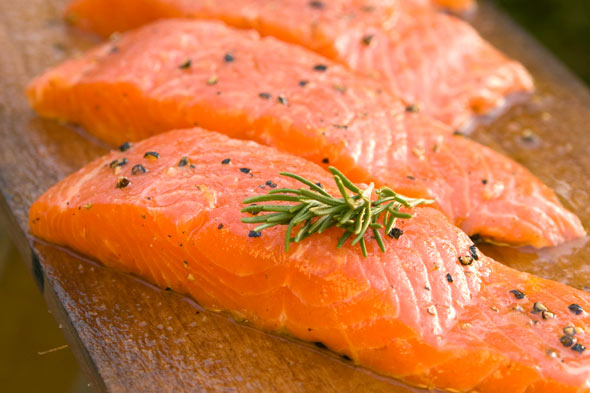Cholesterol is a waxy, fat like substance found in body and in many foods. Cholesterol is vital for your body to function like it is vital in making hormones, it makes digestive acid (commonly called bile) and it is used in the myelin sheath covering of nerves. The problem with cholesterol comes when it gets out of balance and then it can lead to heart disease, heart attack and stroke. The 90 percent of the body’s daily cholesterol requirement is from liver and 10 percent is obtained from diet. If your cholesterol numbers are too high it can be seen like an arduous task to nudge those numbers in the right direction. The key balance of cholesterol must have just the right amounts of both low density lipoprotein (LDL) and high density lipoprotein (HDL) cholesterol. LDL is very fatty protein and it is called as bad cholesterol because it makes up most of the body’s cholesterol. HDL is good cholesterol because high levels may reduce the risk of heart disease and stroke. A healthful diet and regular exercise can help your cholesterol level and improve your cardiovascular system. Healthy eating requires planning. The American Heart Association recommends that to eat a wide variety of nutritious foods daily from each of the basic food groups.
Oats
Lower level of cholesterol can be achieved by simply changing your morning meal. Switching up your breakfast to oats can lower LDL cholesterol (the bad cholesterol) by 5.3% in only 6 weeks. The key to this cholesterol buster is beta-glucan found in the outermost oat bran layer of the oat groat, a substance in oats that absorbs LDL, which your body then excretes. Soluble fiber appears to reduce your body's absorption of cholesterol from the intestines. Oatmeal contains soluble fiber that reduces LDL that can increase your risk of heart attacks and strokes. This type of fiber is also found in such foods as kidney beans, apples, sprouts, pears, barley and prunes.
Salmon & fatty fish
Omega-3 fats are one of the natural health wonders of the world and have been shown to ward off heart disease, dementia, and many other diseases. These fatty acids can add another health benefit to their repertoire is lowering cholesterol. By replacing saturated fats with omega-3 fats like those found in salmon, sardines, and herring can raise good cholesterol as much as 4%. Eating fatty fish can be heart healthy because of its high levels of omega-3 fatty acids, which can reduce your blood pressure and risk of developing blood clots. The people who already had heart attacks, fish oil or omega-3 fatty acids may reduce the risk of sudden death.
Avocado
Avocados are a great source of heart-healthy monounsaturated fat, a type of fat that may actually help raise HDL cholesterol while lowering LDL. And, more than any other fruit, this delectable food packs cholesterol-smashing beta-sitosterol, a beneficial plant-based fat that reduces the amount of cholesterol absorbed from food. Avocados are a potent source of nutrients as well as monounsaturated fatty acids (MUFAs).
Olive oil
Olive oil is full of heart-healthy monounsaturated fatty acids (MUFAs), which lower LDL cholesterol—and have the welcome side effect of trimming belly fat. Use it to make salad dressings, marinate chicken and fish, or roast vegetables. Both avocados and olive oil are high in calories, so don't eat more than the recommended amount.
Nuts
People who consume 1.5 ounces of whole walnuts 6 days a week for 1 month lowered their total cholesterol by 5.4% and LDL cholesterol by 9.3%. Almonds and cashews are good options. However, while nuts are heart healthy, they're also high in calories, so practice portion control. Walnuts, almonds and other tree nuts can improve blood cholesterol. Rich in mono- and polyunsaturated fatty acids, walnuts also help keep blood vessels healthy. Eating most nuts, such as almonds, hazelnuts, peanuts, pecans, some pine nuts, pistachio nuts and walnuts, may reduce your risk of heart disease. Make sure the nuts aren't salted or coated with sugar.
Source: goredforwomen.org, prevention.com
